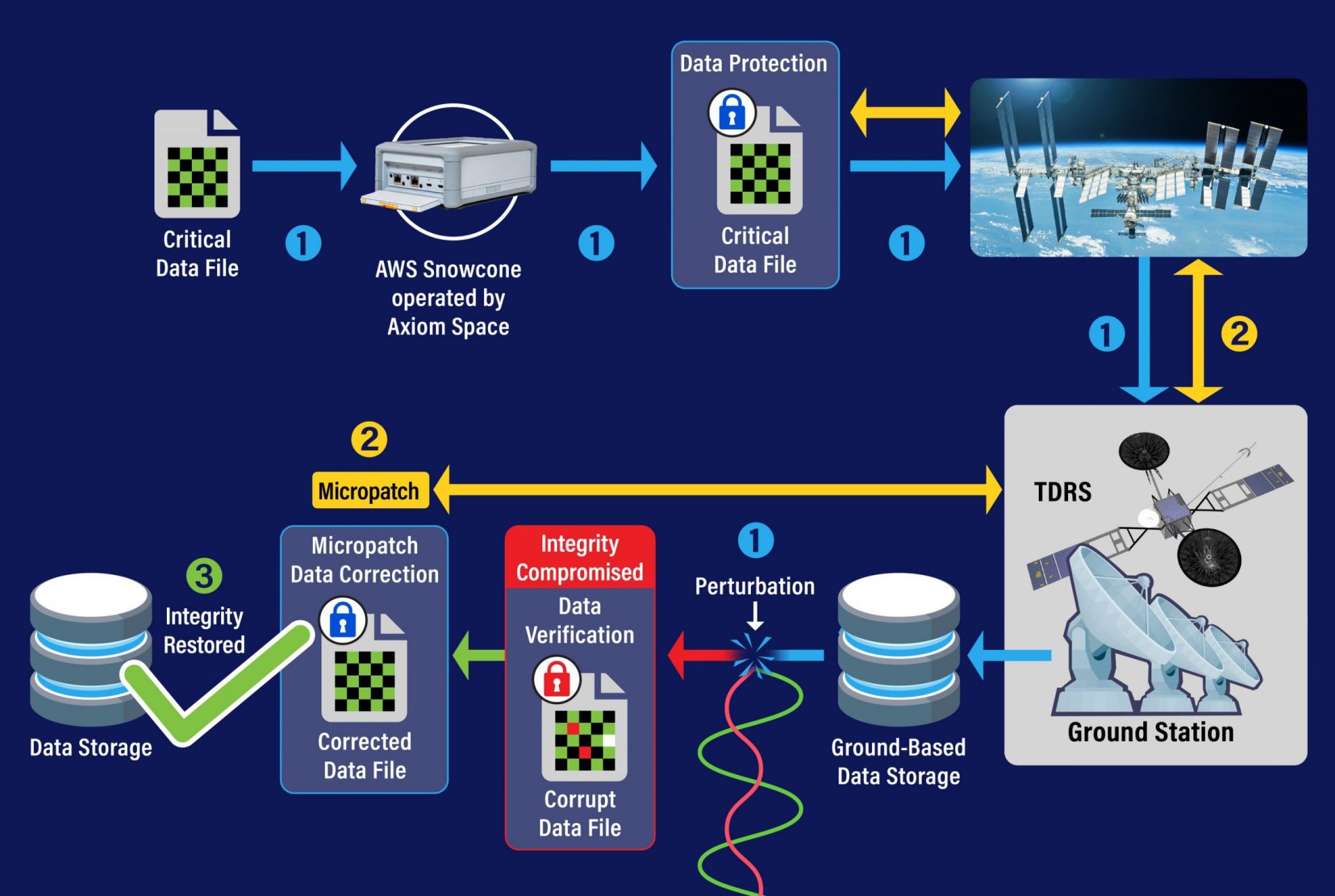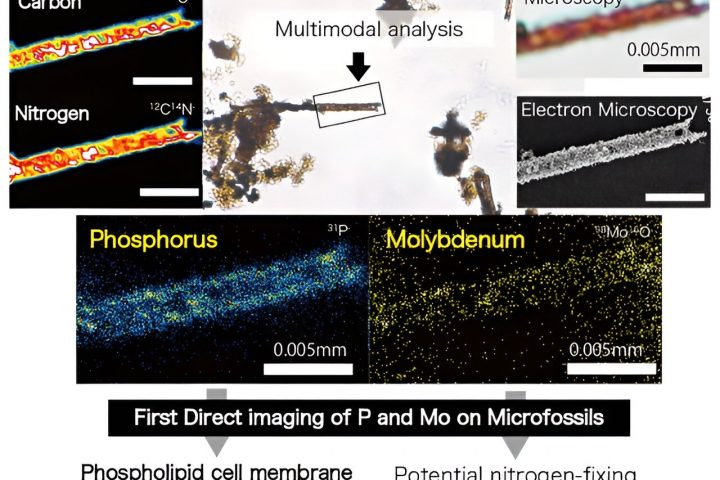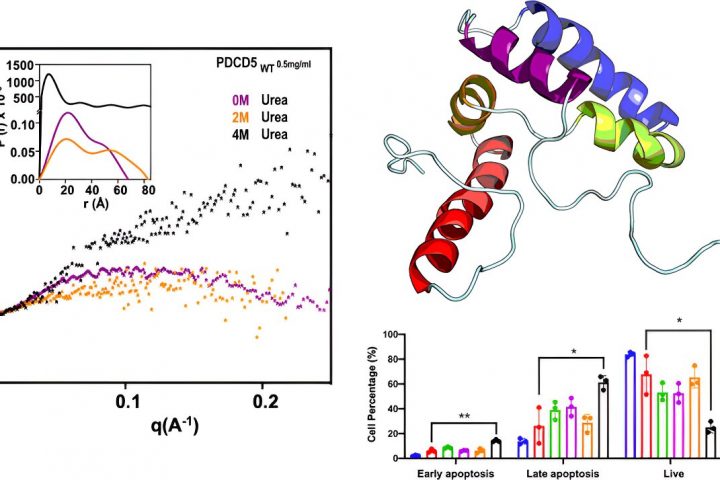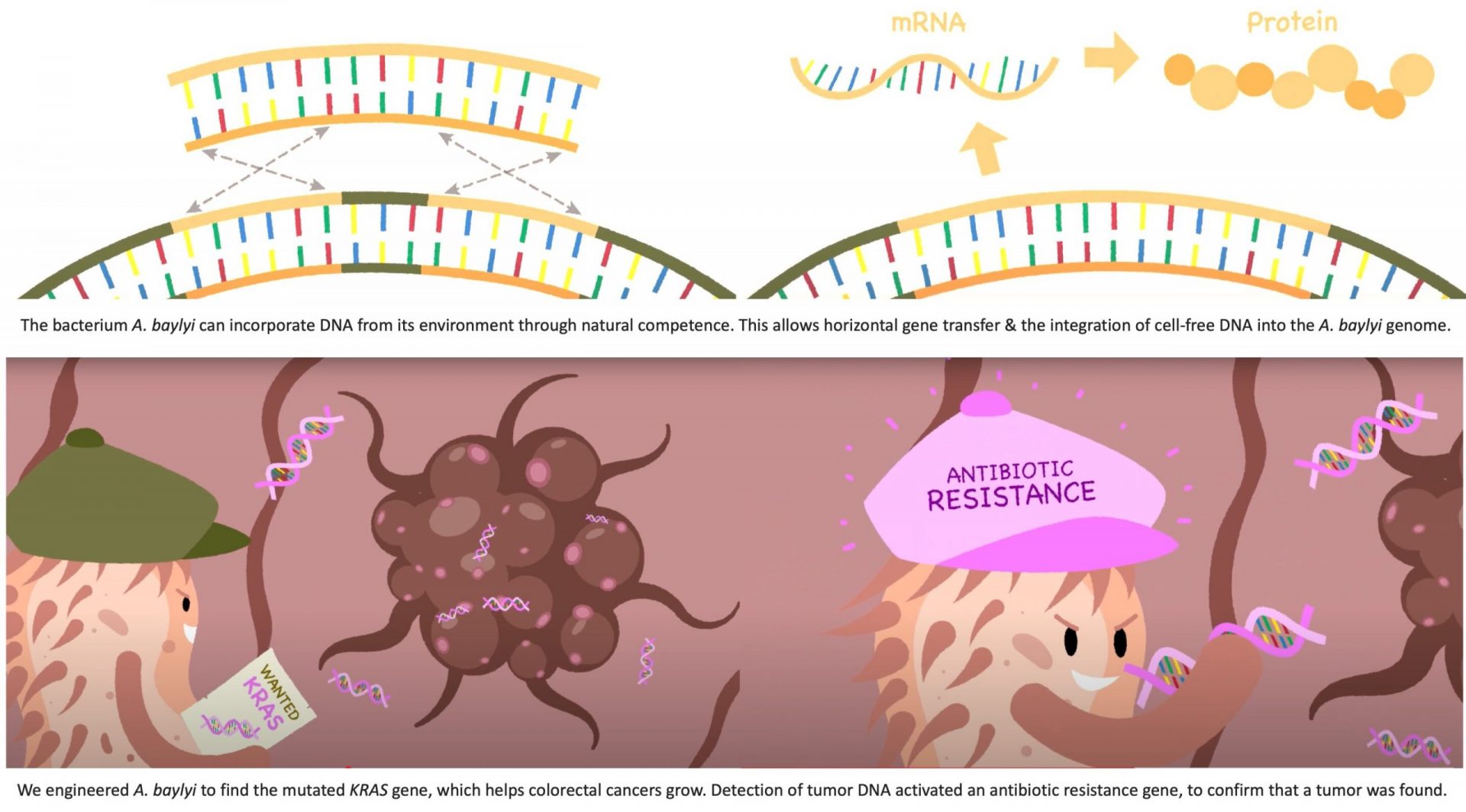Southwest Research Institute has revolutionized spacecraft software updates and repairs with a groundbreaking algorithm. This innovative tool reduces time and data usage compared to traditional methods, resulting in improved efficiency for satellite software transmissions. It can even recover data from failed over-the-air updates and cyberattacks. By identifying missing bytes and errors, the algorithm deploys a custom “micropatch” to fix damaged or missing software, eliminating the need for extensive updates. Henry Haswell, a research engineer at SwRI’s Intelligent Systems Division, will present this groundbreaking research at DEF CON 31 in Las Vegas.
In a successful real-world demonstration, the researchers deployed and tested the tool on the International Space Station (ISS). Working with Axiom Space Inc. and Amazon Web Services (AWS), SwRI uploaded and evaluated the micropatch technology on an Axiom Space-operated computer on the ISS. This collaboration with AWS was part of the Ax-1 mission, which brought an AWS Snowcone computer to the ISS. Diego Alducin, a computer scientist at SwRI, emphasized the importance of testing in space, where harsh conditions truly put the technology to the test.
Updating satellite software can be challenging due to sluggish telemetry networks with limited bandwidth and intermittent contacts. The current standard is to resend the entire file over the network, which requires waiting for a short window of alignment between the satellite and a ground station. However, SwRI’s algorithm reduces the size of data retransmissions, minimizing mission downtime. While other technologies exist, they can be costly and power-hungry. SwRI’s research focuses on reducing the number of messages needed to update a file and enhancing micropatching continuity for seamless file transfers.
This groundbreaking research builds on SwRI’s expertise in cybersecurity. They previously developed an automotive cybersecurity tool for securing over-the-air updates on cars and trucks. With their High Reliability Systems Department and Intelligent Systems Division leading the way, SwRI continues to develop mission-critical systems for various industries.








